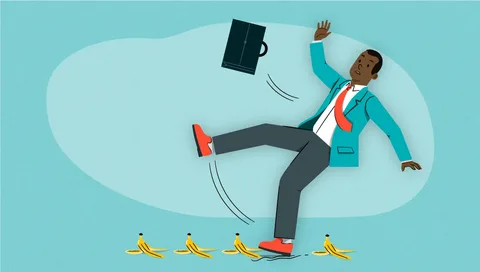Managing a body corporate comes with various responsibilities, but one of the most challenging aspects is body corporate debt recovery. For strata managers, understanding the intricacies of debt recovery is essential to maintaining the financial health and harmony of the community. This article explores what every strata manager should know about body corporate debt recovery, including best practices, legal considerations, and effective strategies.
Understanding Body Corporate Debt Recovery
Body corporate debt recovery refers to the process of collecting outstanding levies, fees, or charges owed by lot owners or residents within a strata scheme. These debts often arise when residents fail to pay their contributions on time, which can impact the entire community’s ability to fund maintenance, repairs, and administrative costs.
For strata managers, recognizing the importance of timely debt recovery is crucial. Without effective collection methods, the body corporate’s financial stability is jeopardized, potentially leading to a decline in property values and strained relationships among residents.
Why Debt Recovery Matters for Strata Managers
Strata managers play a pivotal role in ensuring that the body corporate operates smoothly. Debt recovery is not just about collecting money—it’s about safeguarding the community’s shared assets and ensuring equitable treatment for all members.
Key reasons why strata managers must focus on debt recovery include:
- Maintaining Cash Flow: Regular contributions fund essential services such as cleaning, security, and maintenance.
- Protecting Property Values: Delinquent accounts can lead to deferred maintenance, which affects the overall appeal and value of the property.
- Legal Compliance: Strata managers must ensure the body corporate complies with relevant legislation governing debt collection.
Best Practices for Body Corporate Debt Recovery
When dealing with overdue payments, a systematic and respectful approach is essential. Here are some best practices strata managers should adopt:
1. Clear Communication
Start with polite reminders and clear communication about payment deadlines and outstanding balances. Transparency helps reduce misunderstandings and encourages timely payments.
2. Documentation
Keep detailed records of all communications and payment histories. Documentation is vital if legal action becomes necessary.
3. Negotiation and Payment Plans
Offering flexible payment options or negotiated settlements can help debtors manage their obligations without resorting to legal measures.
4. Legal Action
If all else fails, strata managers should understand the appropriate legal steps for debt recovery, such as issuing formal demand letters or initiating proceedings through a tribunal or court.
Legal Considerations in Body Corporate Debt Recovery
Each jurisdiction has specific laws governing body corporate debt recovery. Strata managers must be aware of these regulations to avoid legal pitfalls. For instance, some regions require formal notices before pursuing legal action, while others have caps on fees that can be recovered.
Engaging legal professionals or consultants familiar with strata law can provide valuable guidance, ensuring that recovery efforts comply with local legislation and are executed efficiently.
Conclusion
Body Corporate Debt Recovery: What Every Strata Manager Should Know is an essential topic that impacts the financial well-being of any strata community. Strata managers equipped with knowledge of best practices, legal frameworks, and effective communication techniques can navigate debt recovery smoothly. Ultimately, maintaining a proactive and professional approach benefits not only the body corporate but also fosters a cooperative and harmonious community environment.

